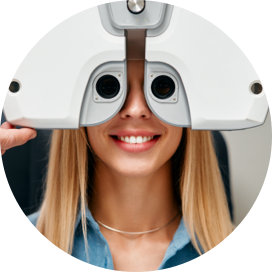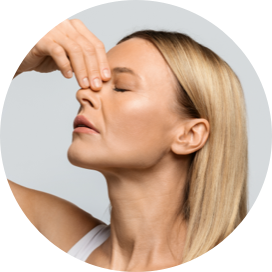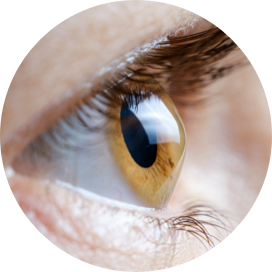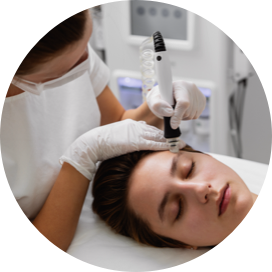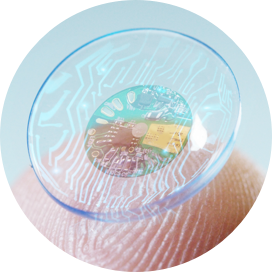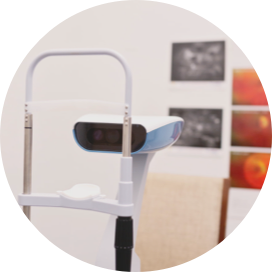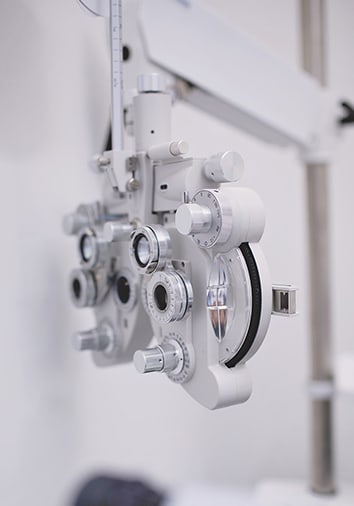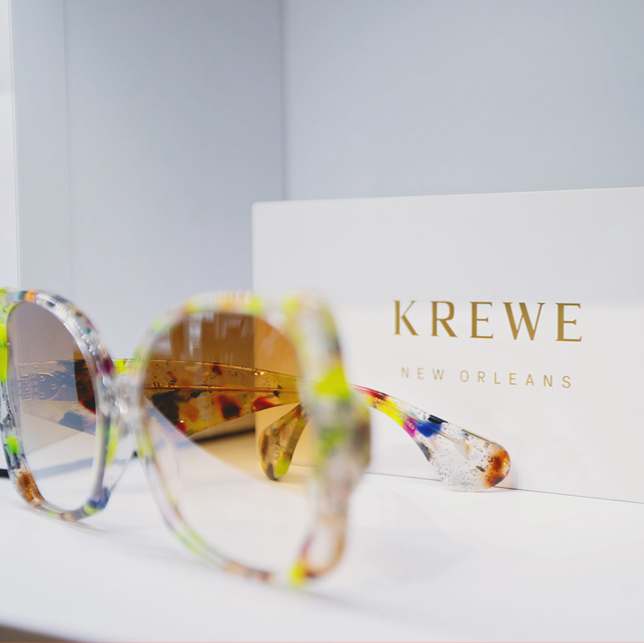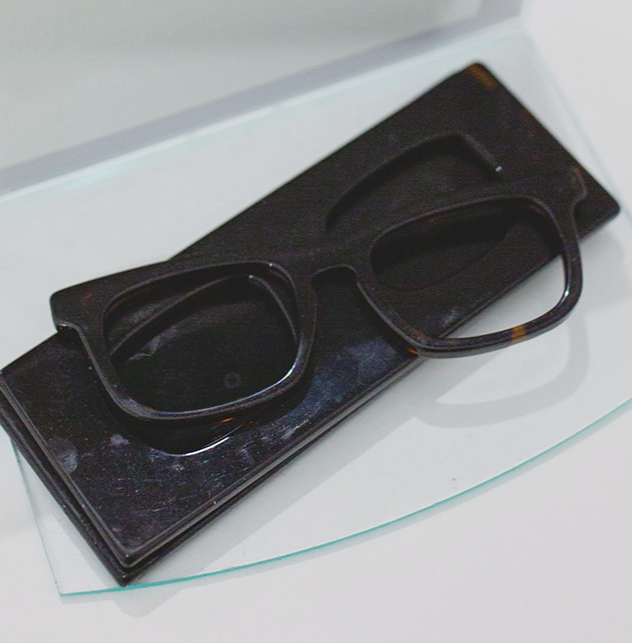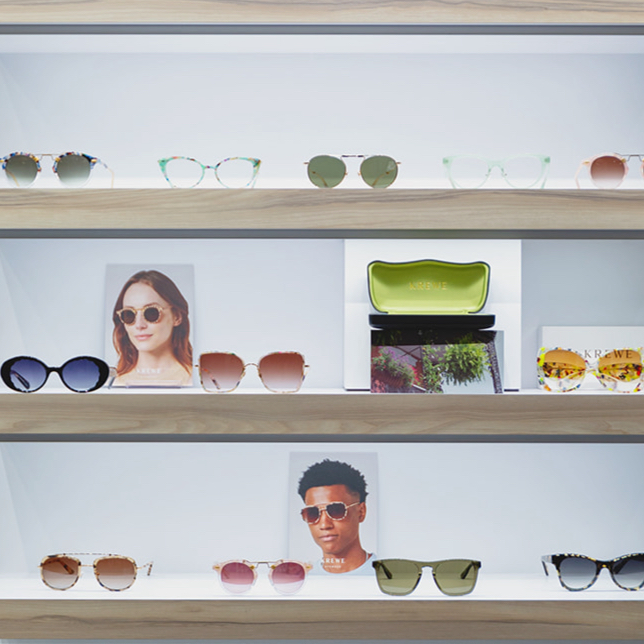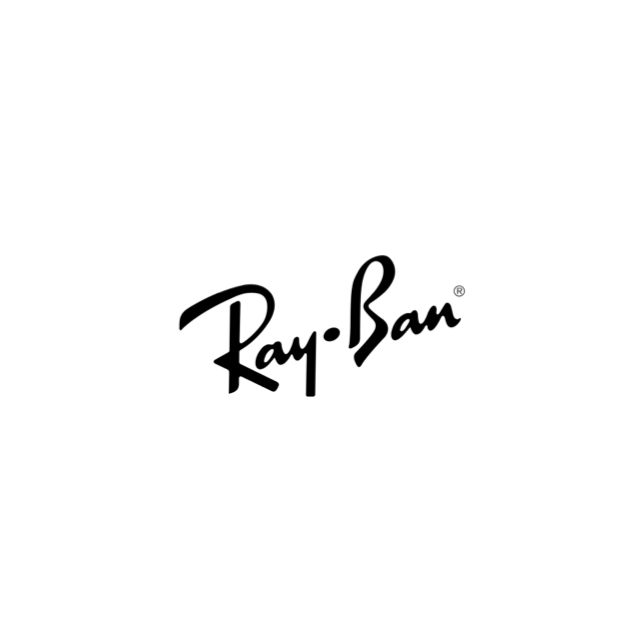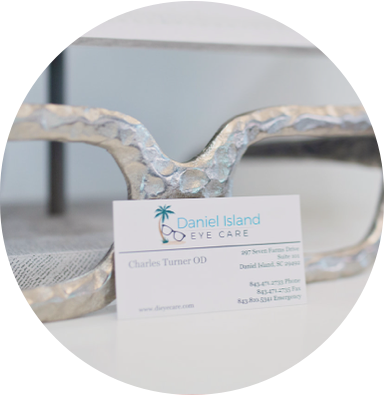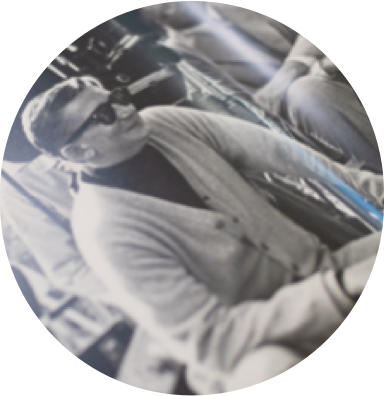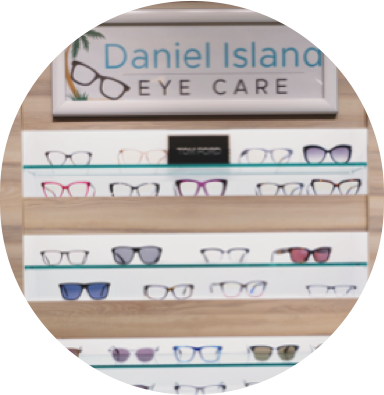Dry eyes can be more than an inconvenience, affecting your quality of life. Contact lenses may be uncomfortable or difficult to wear with dry eyes. If you have dry eyes, can you wear contact lenses at all?
Continue reading to learn more about dry eye syndrome, including if you can wear contacts while having this condition.
What Is Dry Eye?
Dry eye is a common, chronic condition where your tears cannot effectively lubricate your eyes. Your eyes can become dry for many reasons, leading to discomfort. Approximately 16 million Americans live with dry eyes, experiencing uncomfortable symptoms.
You may experience several symptoms if you have dry eye, including:
- Eyes that sting or burn
- Light sensitivity
- Eye redness
- Difficulty wearing contact lenses
- Watery eyes
- Blurred vision
- Eye fatigue
- Mucus around the eyes
Dry eyes typically occur because of issues with one or more of the tear film’s layers.
The Tear Film
Your tear film consists of 3 layers (mucus, water, oil) that help hydrate and protect your eye, washing away debris. Each layer has a different purpose for your eye health.
The mucus layer of your tear film keeps tears fastened to the eye’s surface, spreading them across. The water layer provides the majority of your tears, hydrating the eye. The meibomian glands create the oil layer, providing the oil necessary to keep your tears from evaporating.
When issues arise in the tear film, it leads to dry eyes.
What Causes Dry Eye?
When you have problems with your tear film, it can lead to fewer produced tears or poor tear quality.
You have fewer tears when your body has decreased tear production, typically happening due to age. Besides age, dry eyes can occur because of medical conditions like Sjogren’s syndrome, medications like antihistamines or antidepressants, or desensitized corneal nerves.
Poor tear quality occurs when your tears evaporate too quickly. A common cause is when your meibomian glands become blocked or clogged, leading to faster evaporation.
Other potential causes include:
- Infrequent blinking
- Eyelid problems
- Eye allergies
- Preservatives in eye drops
- Wind, smoke, or dry air
- Vitamin A deficiency
Can You Wear Contacts When You Have Dry Eye?
Yes, you can still wear contact lenses with dry eyes, but they may not feel comfortable. Around 10–50% of contact lens wearers with dry eye quit them within 3 years. Additionally, 40% of soft contact lens wearers experience discomfort.
Contact lens wear is challenging for people with dry eyes, but solutions are available. Your eye doctor can help recommend contact lenses that are comfortable for patients with dry eyes.
Contact Lenses for Dry Eyes
With today’s contact lens technology, almost anyone can enjoy comfortable contacts, even with dry eyes. Your eye doctor can determine the right lenses for you during a contact lens exam and fitting. They’ll learn more about your vision needs, measure your eyes, and examine your tear film before recommending contacts.
Some contact lenses that may be ideal for dry eyes include low-water content, scleral, silicone hydrogel, disposable, and hybrid lenses.
Low-Water Content Soft Contacts
Soft contact lenses can provide comfort if you have chronic dry eyes. The material used in these lenses is breathable, allowing oxygen to pass through. Soft contacts hold water well and have different levels of water content.
Soft contact lenses with a high water content may not be beneficial if you have dry eyes because they tend to dry out faster. Low-water content lenses may be ideal if you have dry eyes, but you may need to try out several brands before you find the best lenses for your needs.
Scleral Lenses
Scleral lenses are rigid contacts that cover your entire corneal surface. They rest on the sclera, the white of your eye, making them more comfortable, durable, and easier to handle than traditional lenses.
Scleral contact lenses create a fluid reservoir between the back of the lens and your eye’s surface, helping hydrate the eye. This constant moisture helps reduce dry eye symptoms, letting you enjoy clear, comfortable vision.
Additionally, these lenses help protect against environmental conditions like wind and smoke, another possible cause of dry eyes.
Silicone Hydrogel Lenses
Silicone hydrogel lenses are soft contacts that help contain water. They don’t allow water to evaporate as quickly as other contacts, keeping your eyes hydrated.
Disposable Lenses
You may benefit from disposable contact lenses if you have dry eye. You replace these lenses daily, preventing the buildup of protein deposits that can make your eyes feel drier.
Hybrid Lenses
Hybrid contact lenses consist of rigid and soft materials. They have a rigid gas permeable center that provides clear vision, while the outer edges of the lens consist of soft material, offering comfort.
Book Your Contact Lens Exam in Daniel Island, Charleston
Dry eye doesn’t need to stop you from enjoying glasses-free vision. With help from your eye doctor, you can enjoy comfortable contact lenses. They can determine the best contacts for your needs during a contact lens exam and fitting.
Contact your optometrist at Daniel Island Eye Care if you’re interested in contact lenses or experience dry eye symptoms.


